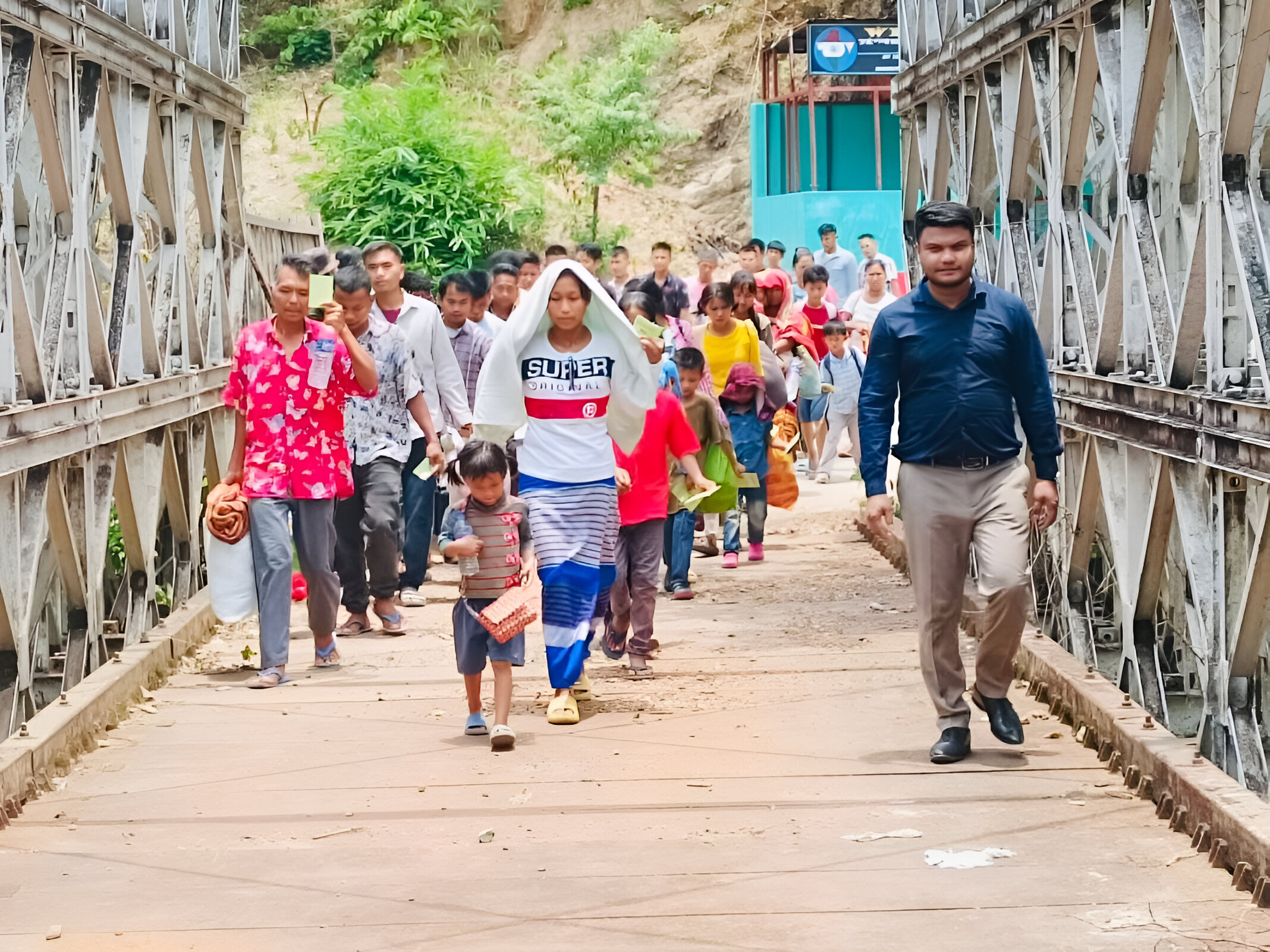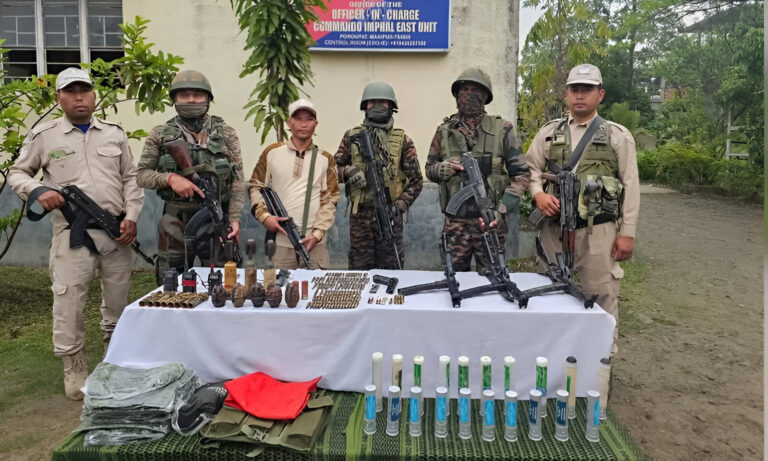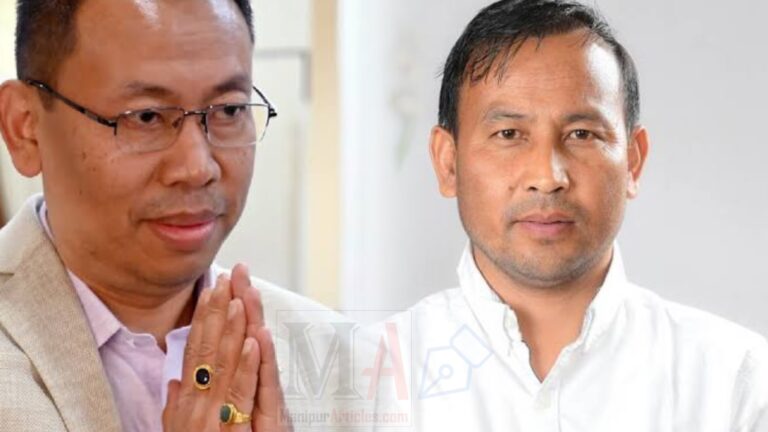Manipur’s Recent Deportation of Myanmar Nationals: A Deep Dive into the Ongoing Crisis
*On March 21, 2025, Indian authorities deported 27 Myanmar nationals, including a minor, at the Moreh border check post in Manipur. *
Understanding the Context: The Myanmar Crisis and Its Ripple Effects
To truly grasp the gravity of these deportations, it’s essential to delve into the root causes. Myanmar has been embroiled in political turmoil since the military coup in February 2021. This upheaval has led to widespread unrest, economic downturns, and a humanitarian crisis, prompting thousands to flee the country in search of safety and stability.
India’s Position: Striking a Balance Between Security and Compassion
India, sharing a long and porous border with Myanmar, has found itself at the crossroads of humanitarian concern and national security. While not a signatory to the 1951 Refugee Convention, India has historically extended support to those fleeing persecution. However, the recent influx has raised challenges in border management, resource allocation, and internal security.
The Deportation Process: A Closer Look
The deported individuals had been detained at the foreign detention center near the Manipur central jail in Imphal East district after completing their jail terms for illegal entry. On March 20, they were transported to Moreh, and the following day, handed over to Myanmar immigration officers at the Indo-Myanmar Friendship Bridge.
Humanitarian Concerns: Walking a Tightrope
While the deportations are in line with legal protocols, they raise pertinent questions about the safety and well-being of returnees. Myanmar’s current instability poses risks for those sent back, especially if they face persecution or violence upon return. Balancing the enforcement of immigration laws with the principles of human rights remains a delicate endeavor.
The Bigger Picture: Regional Implications
The situation in Myanmar has broader implications for Southeast Asia. Countries like Thailand, Bangladesh, and India are grappling with refugee inflows, straining resources and testing diplomatic relations. Collaborative regional strategies are imperative to address the root causes of migration and ensure the humane treatment of displaced populations.
Looking Ahead: Seeking Sustainable Solutions
Addressing the challenges posed by the Myanmar crisis requires a multifaceted approach:
- Diplomatic Engagement: Regional powers and international organizations must intensify efforts to restore democracy and stability in Myanmar.
- Humanitarian Assistance: Providing aid to displaced populations, both within Myanmar and in neighboring countries, is crucial.
- Policy Frameworks: Countries need to develop clear policies that balance national interests with humanitarian obligations, ensuring the protection of vulnerable populations.
Conclusion
The deportation of 27 Myanmar nationals from Manipur underscores the complexities at the intersection of national security, humanitarian responsibility, and regional stability. As the situation in Myanmar continues to evolve, it is imperative for neighboring countries and the international community to collaborate, ensuring that responses are compassionate, legal, and effective.
FAQs
- Why did India deport the Myanmar nationals?
- They had entered India illegally and, after completing their jail terms, were deported as per legal protocols.
- Is India providing asylum to Myanmar refugees?
- While not a signatory to the 1951 Refugee Convention, India has offered shelter and aid on humanitarian grounds but maintains a firm stance against illegal immigration.
- What challenges do deported individuals face upon returning to Myanmar?
- Given Myanmar’s current instability, returnees may face risks such as persecution, violence, or economic hardships.
- How is the international community responding to the Myanmar crisis?
- Responses include diplomatic efforts, sanctions against the military junta, and humanitarian aid for displaced populations.
- What measures can be taken to address the refugee situation in Southeast Asia?
- Collaborative regional strategies, diplomatic engagement to restore stability in Myanmar, and the development of clear asylum policies are essential steps.



